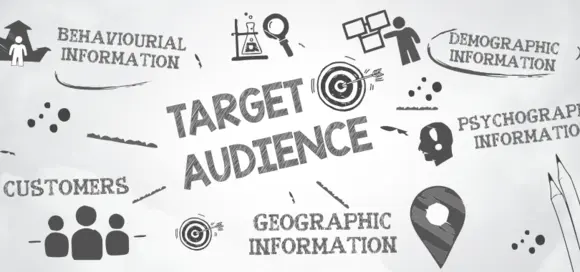
Small businesses need to leverage every tool and strategy at their disposal to stay ahead. Effective marketing is critical to attracting and retaining customers, driving sales, and growing your business. Whether you're just starting out or looking to refine your current strategies, these five marketing tips will help you create a robust marketing plan that delivers results.
1. Learn From Your Competitors

Understanding what your competitors are doing can provide valuable insights into what works and what doesn't in your industry. Analyze their marketing strategies, social media presence, customer engagement, and content. Identify their strengths and weaknesses, and look for gaps in their approach that you can exploit. By learning from their successes and mistakes, you can develop a more effective marketing strategy for your business.
Steps to Learn From Competitors
- Conduct a SWOT analysis (Strengths, Weaknesses, Opportunities, Threats).
- Use tools like 360 Marketing Tool or Ahrefs to analyze their online presence and SEO strategies.
- Follow their social media profiles and observe their engagement tactics.
- Sign up for their newsletters to understand their email marketing strategies.
2. Identify and Understand Your Target Audience

Knowing who your target audience is and what they need is crucial for any marketing strategy. Develop detailed buyer personas that include demographic information, purchasing behaviors, pain points, and preferences. This information will help you tailor your marketing messages and select the right channels to reach your audience.
Steps to Identify and Understand Your Audience
- Conduct market research through surveys, focus groups, and customer interviews.
- Analyze your existing customer data to identify patterns and trends.
- Use social media analytics to gain insights into your audience’s behavior and preferences.
- Create detailed buyer personas and regularly update them as you gather more data.
3. Develop a Mobile-Friendly Website

With more people accessing the internet via mobile devices, having a mobile-friendly website is no longer optional. A responsive design ensures your site looks and functions well on all devices, providing a seamless user experience. This not only improves your site’s accessibility but also boosts your search engine rankings, as Google prioritizes mobile-friendly sites in its search results.
Steps to Develop a Mobile-Friendly Website
- Use a responsive design framework like Bootstrap or Foundation.
- Ensure your website’s loading speed is optimized for mobile devices.
- Simplify your navigation to make it easy for users to find information quickly.
- Test your website on various devices and browsers to ensure compatibility.
4. Create High-Quality Content

Content is king in digital marketing. Creating high-quality, valuable content helps attract and engage your audience, build trust, and establish your brand as an authority in your industry. Focus on producing content that addresses your audience needs and interests, and use a variety of formats such as blog posts, videos, infographics, and podcasts to keep your content fresh and engaging.
Steps to Create High-Quality Content
- Develop a content strategy that aligns with your business goals.
- Research and use relevant keywords to optimize your content for search engines.
- Use visuals to enhance your content and make it more shareable.
- Regularly update your content to keep it relevant and useful.
5. Nurture Potential Customers with Email Campaigns

Email marketing is a powerful tool for nurturing leads and converting them into customers. By providing valuable content and personalized offers, you can build relationships with your audience and keep your brand top-of-mind. Segment your email list to ensure your messages are targeted and relevant, and use automation tools to streamline your campaigns and track their performance.
Steps to Nurture Customers with Email Campaigns
- Build your email list by offering incentives like free resources or discounts.
- Segment your list based on demographics, behavior, and engagement levels.
- Personalize your emails to address the recipient’s specific needs and interests.
- Use automation tools to send timely, relevant messages and track your campaign performance.
Conclusion
Effective marketing is essential for the success of any small business. By learning from your competitors, understanding your target audience, developing a mobile-friendly website, creating high-quality content, and nurturing potential customers with email campaigns, you can build a strong marketing strategy that drives growth and success.
What to read next
.webp)
.webp)